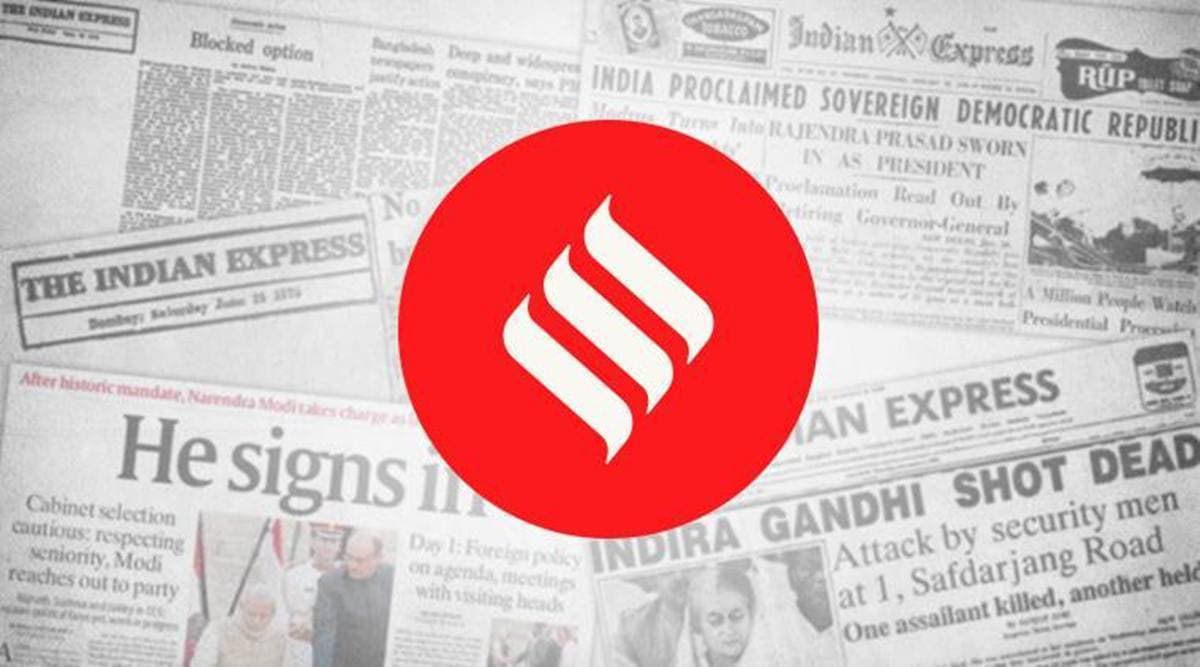 The low-profile-ness of Tarkishore Prasad and Renu Devi helps them all the better to serve as their party’s symbolic gestures to the non-Yadav OBCs, the Extremely Backward Castes and women.
The low-profile-ness of Tarkishore Prasad and Renu Devi helps them all the better to serve as their party’s symbolic gestures to the non-Yadav OBCs, the Extremely Backward Castes and women. On Monday, as Nitish Kumar took oath once again as chief minister — for the fourth time running — the image in Patna was deceptive in its sameness. Nitish’s return masks the change. With an older generation of leaders and slogans receding from the fray, Bihar politics is poised on the edge of a transition and Election 2020 was a fight for its future. For a preview of the contours of the contest in-the-making, it would be more useful to look at the two new deputy chief ministers who were also sworn in along with Nitish. Sushil Modi, seen as a quiescent Number Two, has been replaced with two deputy CMs whose selection is a nod to constituencies the BJP wishes to expand in, including and especially those that ally Nitish has been cultivating.
The low-profileness of Tarkishore Prasad and Renu Devi helps them all the better to serve as their party’s symbolic gestures to the non-Yadav OBCs, the Extremely Backward Castes and women. Of these, Nitish Kumar’s JD(U) has pointedly cultivated and nurtured two groups — in his 15-year tenure so far, along with a broad-based development, Nitish has deployed a social engineering strategy which has targeted EBCs and women specifically. Both have benefited from reservation in panchayats, and the Nitish government’s policy of prohibition is widely seen as a bid to consolidate the support of women voters. Clearly, the BJP is now looking over Nitish’s shoulder as it lays claim to these constituencies. Given his own humbling tally — the JD(U) has come down from 71 to 43 seats in a House of 243 — Nitish may not be able to do much. But the RJD, which has emerged as the single largest party, and the second pole of the contest, will need to summon a response to the BJP’s expansionism as it completes an internal transition. In this election, Tejashwi has led from the front and given the RJD a new look that will need to be fine-tuned. The RJD of the future looks less bound to the M-Y formula and more open to adding new slogans to the old battle cry of samajik nyay of Lalu Prasad’s party.
The contest of the future in Bihar may have two more features — one that should be disturbing to the Congress, and the other to representative democracy. The Congress’s decline in a state it once ruled seems unchecked and it continues, also, to refuse to see and hear it. The war of words sparked by senior leader Kapil Sibal’s comments in an interview to this paper in the aftermath underlines the Congress crisis and syndrome. But this election has also pointed to something far more important than the question of the Congress’s rise or fall: For the first time in decades, the ruling coalition in Bihar will not have an MLA belonging to the state’s largest minority. Going ahead, the absence of a Muslim representative in the new Bihar government must worry all those who have stakes in an inclusive democracy.